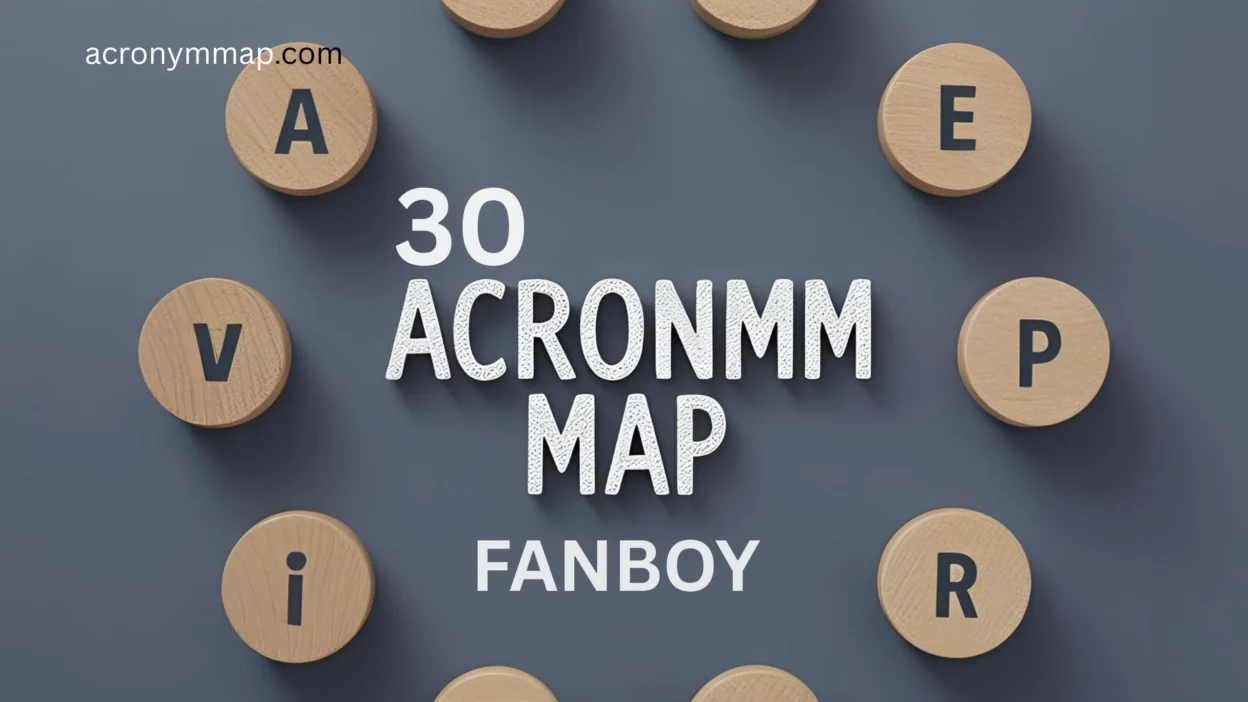You may have heard the term “FANBOY” in two very different ways:
- In grammar, it’s an acronym for the seven coordinating conjunctions in English:
For, And, Nor, But, Or, Yet, So. - In pop culture, “fanboy” refers to someone obsessively enthusiastic—usually about games, comics, tech, or franchises.
Both meanings are valid, but this article focuses on the grammar side, exploring FANBOYS as building blocks of sentence structure—and offering 30 alternative transitions or conjunctions you can use instead, depending on tone, clarity, and flow.
🧠 What Is the FANBOY Acronym?
FANBOYS = Coordinating Conjunctions
These tiny words connect equal parts of a sentence: two independent clauses, words, or phrases.
| Letter | Word | Example |
| F | For | She stayed home, for she was sick. |
| A | And | He sings and plays guitar. |
| N | Nor | I don’t like broccoli, nor spinach. |
| B | But | I tried, but I failed. |
| O | Or | You can stay or leave. |
| Y | Yet | It’s late, yet I’m still awake. |
| S | So | I was tired, so I left early. |
Now let’s look at 30 more sophisticated or specific alternatives to each FANBOYS word—with examples and when to use them.
✨ 30 FANBOY Alternatives (with Examples)
Alternatives to “For” (shows cause)
These suggest reasons or explanations.
- Because – She left because she felt unwell.
➤ More direct than “for”; use in modern writing. - Since – Since it was raining, we stayed inside.
➤ Good for soft or formal reasoning. - As – As it’s late, we should go.
➤ Works well for smoother transitions. - In that – He was praised, in that he worked hard.
➤ Formal and academic tone. - Seeing that – Seeing that it’s Friday, let’s celebrate.
➤ Conversational but thoughtful.
Alternatives to “And” (adds information)
- Also – She’s smart. Also, she’s kind.
➤ Used in essays and formal lists. - Moreover – Moreover, it saves time.
➤ Academic or persuasive tone. - Furthermore – Furthermore, it’s cost-effective.
➤ Formal, great in research writing. - In addition – In addition, we offer discounts.
➤ Useful in business and proposals. - As well as – He plays guitar as well as drums.
➤ Adds variety in casual or creative writing.
Alternatives to “Nor” (joins negative ideas)
- Not either – She didn’t like sushi, not either ramen.
➤ Less formal, sometimes awkward—use carefully. - Neither… nor – Neither the food nor the service impressed us.
➤ More flexible structure; fits anywhere in a sentence. - Not only… but also – Not only is she smart, but also creative.
➤ Strong emphasis and rhythm. - Nor yet – He hasn’t called, nor yet emailed.
➤ Slightly archaic; poetic or literary use. - Nor indeed – They didn’t respond, nor indeed acknowledge it.
➤ Very formal; for essays or speeches.
Alternatives to “But” (shows contrast)
- However – He tried. However, he failed.
➤ Common in academic and formal tone. - Although – Although it rained, we went hiking.
➤ Good for smoother narrative flow. - Though – Though tired, she kept dancing.
➤ More casual than “although.” - Nevertheless – It was difficult. Nevertheless, we succeeded.
➤ Great for strong contrast in essays. - Still – She apologized. Still, he was upset.
➤ Very conversational and punchy.
Alternatives to “Or” (presents options)
- Otherwise – You need to leave, otherwise you’ll miss the train.
➤ Indicates consequences of not choosing. - Alternatively – Alternatively, we could take the bus.
➤ Offers another choice, great for formal tone. - Either… or – Either you go now, or stay forever.
➤ Emphasizes binary options. - Whether… or – Whether we win or lose, we tried.
➤ Good for philosophical or emotional writing. - If not – You’d better run—if not, you’ll be late.
➤ Informal; builds tension or urgency.
Alternatives to “Yet” (contrast with twist)
- Still – He was tired, still he kept going.
➤ Very common; softens the contrast. - Even so – It was risky. Even so, she tried.
➤ Emphasizes boldness despite odds. - Nonetheless – It’s true. Nonetheless, we disagree.
➤ Clean, academic feel. - Though – It’s hard, though worth it.
➤ Can serve as a tag at the end of a sentence. - All the same – He apologized. All the same, I was hurt.
➤ Slightly old-fashioned, but poetic.
🎯 How to Choose the Right FANBOY Alternative
Choose based on:
- Formality: “Moreover” and “nevertheless” are more academic; “though” and “still” feel casual.
- Rhythm: Use “however” or “alternatively” for clean transitions in structured writing.
- Tone: “Even so” adds drama; “in addition” adds clarity.
- Audience: Match your word to whether you’re writing a paper, story, blog, or email.
✅ Final Thoughts
The FANBOYS acronym is a great foundation—but if you want your writing to flow, impress, and adapt, switching things up with alternatives will take you to the next level.
Whether you’re building a sentence, a paragraph, or an argument, knowing when to say “however” instead of “but” makes all the difference.

